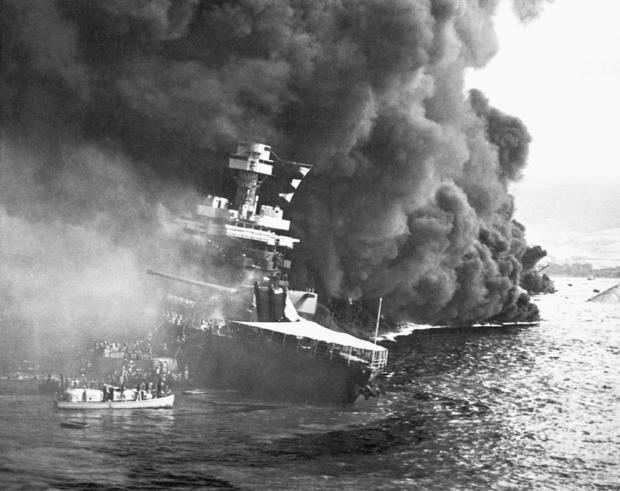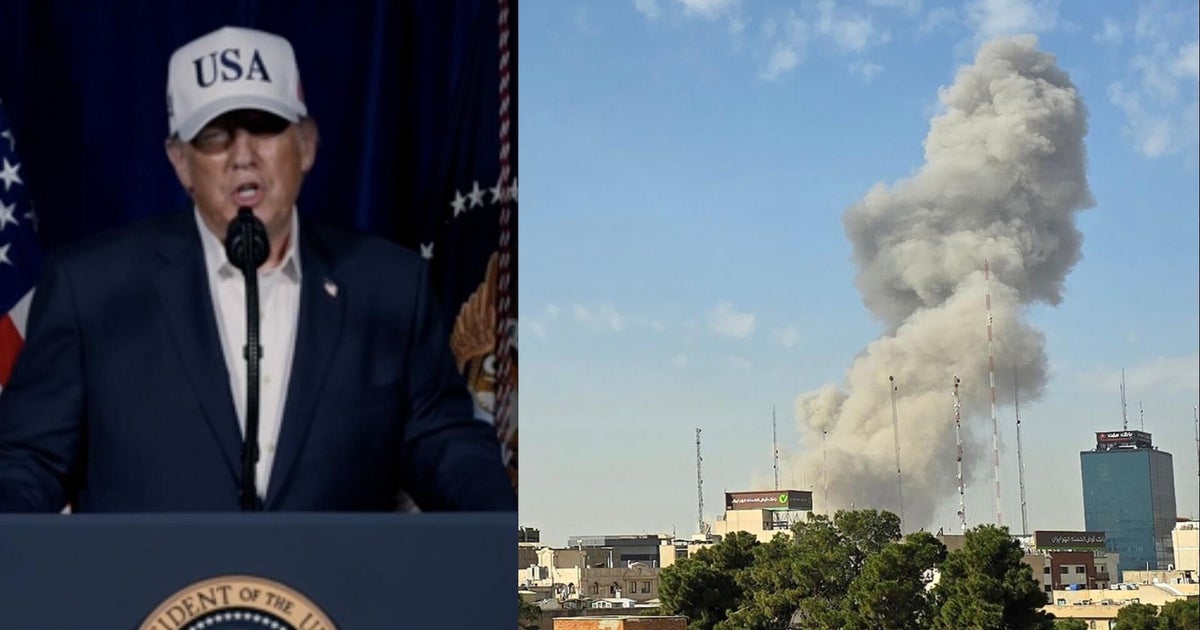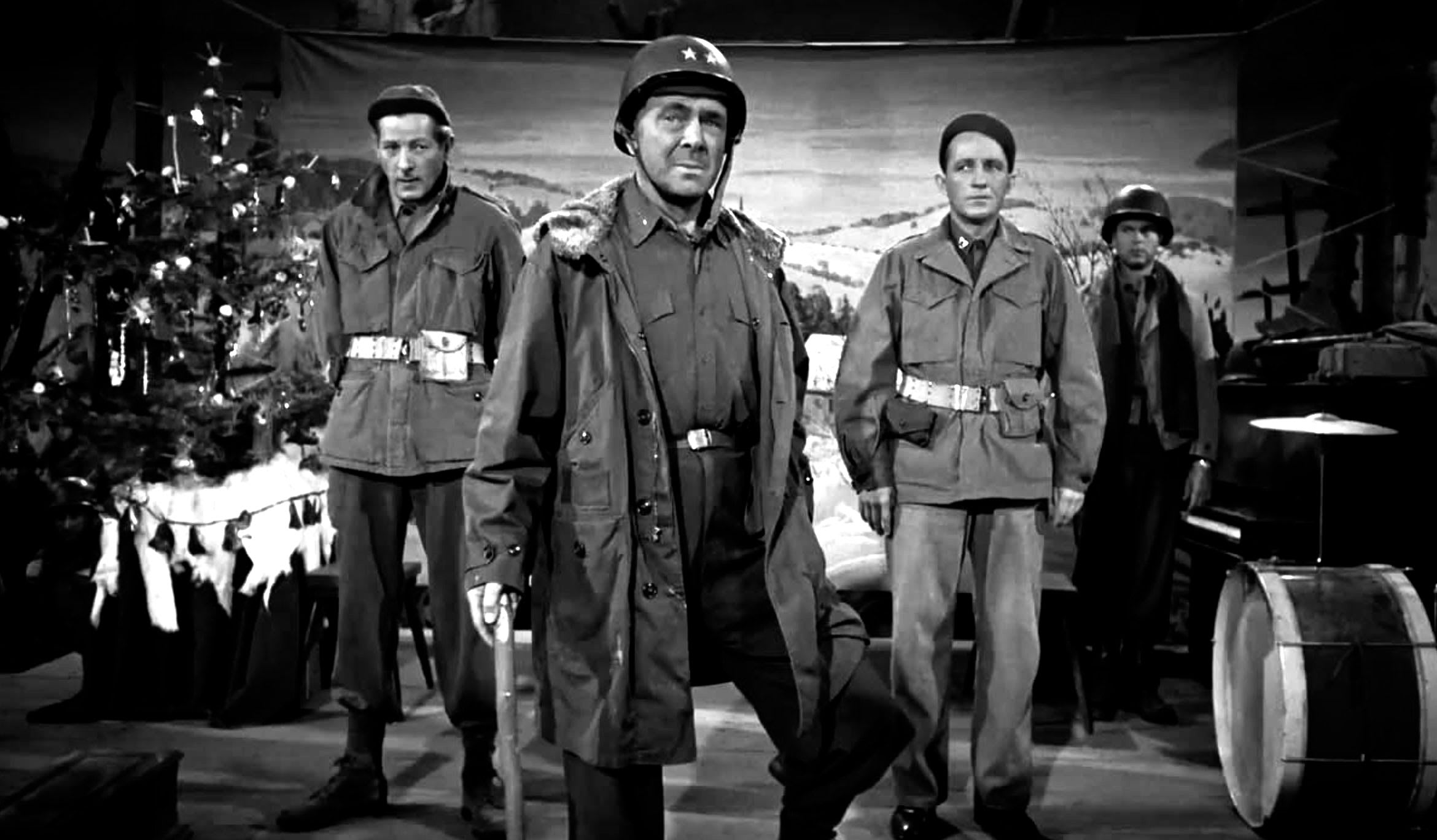Remains of Ohio sailor killed during Pearl Harbor attack identified over 80 years later
A United States Navy sailor who was killed in the attack on Pearl Harbor during World War II has been identified, more than 80 years after his death, officials announced this week. Navy Seaman 2nd Class Stanley C. Galaszewski, 29, originally from Steubenville, Ohio, was killed on Dec. 7, 1941, along with over 100 crewmates, the Defense POW/MIA Accounting Agency (DPAA) said in a news release on Monday. His remains were finally accounted for on May 23, 2022.
Galaszewski was assigned to the USS California, a battleship stationed at Pearl Harbor that was one of the first hit by torpedoes when the U.S. military base was attacked by Japanese aircraft.
The battleship was hit by multiple torpedoes and, later, a bomb, according to the Naval History and Heritage Command. The USS California flooded, and as a mass of burning oil drifted toward it down "Battleship Row" — where the U.S. fleet was positioned in the harbor off the coast of Ford Island — the vessel caught fire and the crew abandoned ship. The ship was moored at Ford Island, where it sunk and was eventually raised about a year later.
More than 100 officers and crew members were killed in action while on board the USS California during the Pearl Harbor attack, including Galaszewski. However, his remains were not among those recovered by U.S. Navy personnel between December 1941 and April of the following year, which were interred in the Halawa and Nu'uanu military cemeteries.
After the war had ended, U.S. military crews again attempted to recover and properly identify remains of those service members who died in the Pacific, according to DPAA. At the time, the American Graves Registration Service disinterred the remains of U.S. personnel from the Halawa and Nu'uanu cemeteries and transferred them to a laboratory, which confirmed the identities of 39 men from the USS California. The remains still unidentified were buried at the National Memorial Cemetery of the Pacific, also called the Punchbowl, in Honolulu, and and a military board in 1949 classified 25 unknown sets of remains as non-recoverable.
Galaszewski's remains were in that non-recoverable group, but modern DNA testing finally allowed officials to identify them decades after the fact, as all 25 sets of remains were exhumed in 2018 and re-analyzed. DPAA scientists partnered with scientists from the Armed Forces Medical Examiner System to identify the remains using mitochondrial DNA, Y chromosome DNA and autosomal DNA analyses, the agency said.
Galaszewski's name is now recorded on the "Walls of the Missing" at the Punchbowl memorial site, along with others still missing from World War II, and a rosette will be placed beside his name to mark that he has been accounted for. Galaszewski will be buried on Nov. 3 in Steubenville, Ohio.




